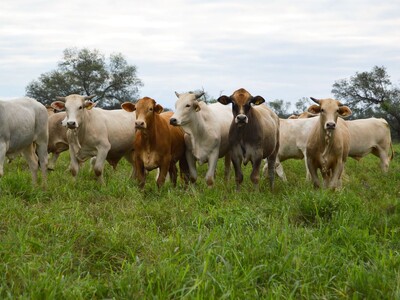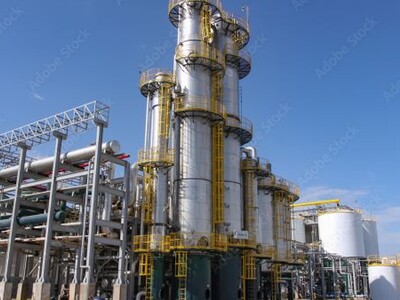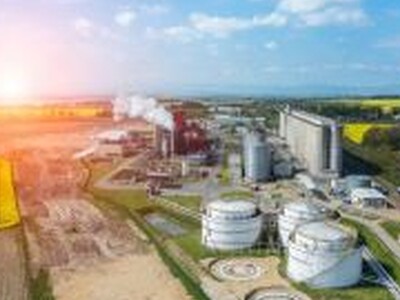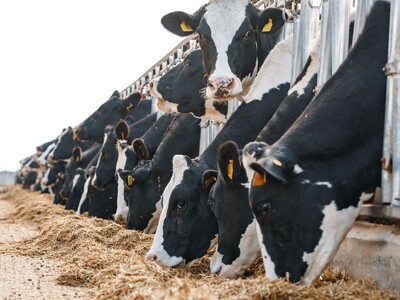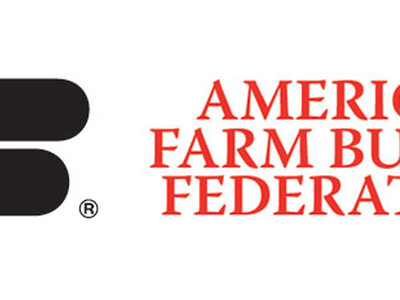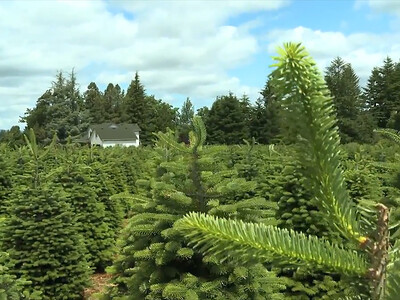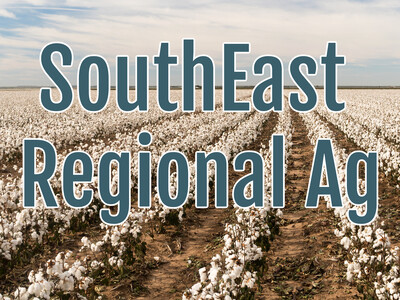Anti Biotic Resistance
Researchers at Colorado State University are investigating the weighty topic of antibiotic resistance – an issue with ramifications for global food safety and public health – by tracking the genetic footprints of drug-resistant bacteria.They want to determine where infectious organisms originate and how they move through the food system and environment to people. Here's Dr. Paul Morley: "My work has focused on looking at anti-microbial drug use. We have traditionally looked at our outcomes, anti-microbial resistance or meet safety by culturing individual target bacteria. So we might be looking specifically for E. coli or salmonella etc. As I look at anti-microbial resistance in feedlot cattle, we might culture an individual colony or an individual isolate of E. coli out of 1 g of the manure and we would say that represents the flora of the bacteria population of the gut. But that is really a false perspective because if a cow produces over 100 pounds of feces a day, each gram of the feces contains 1 million, million bacteria or 10 to the 12th bacteria per gram of feces. Within there, it's not just E. coli, there are thousands of different bacterial species and actually only 20 to 30% of those bacteria can be recovered by the systems of traditional culturing that we are talking about.




